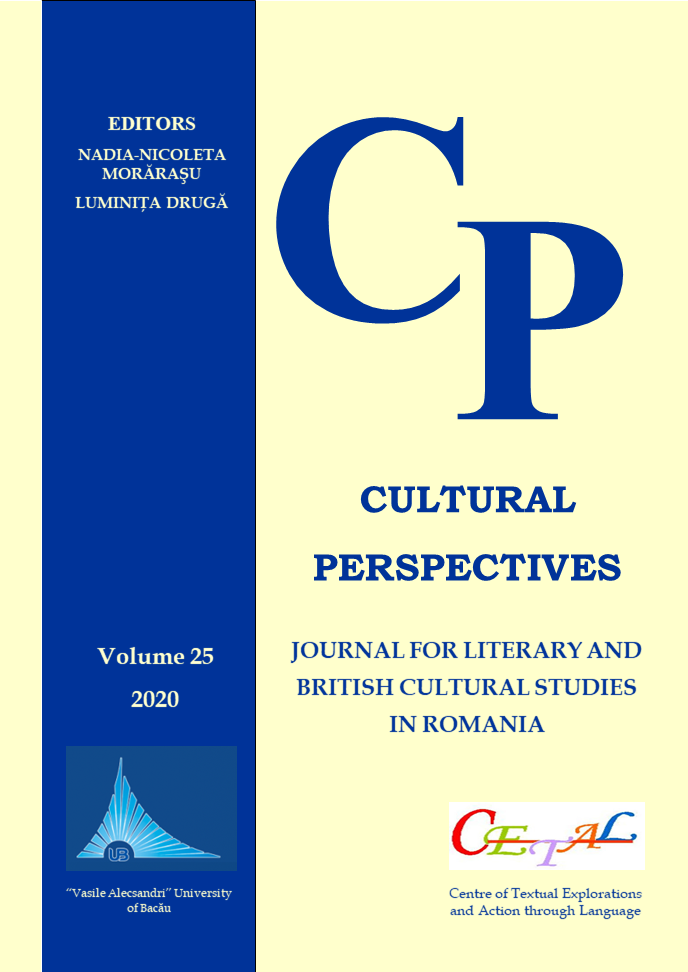The Indian Social Novel in English: A Neo-Victorian Encounter
The Indian Social Novel in English: A Neo-Victorian Encounter
Author(s): Carmen Escobedo de TapiaSubject(s): Literary Texts, Fiction, Studies of Literature, Civil Society, Novel, Ethnic Minorities Studies, British Literature
Published by: Editura Alma Mater
Keywords: postcolonial novel; Indian social novel; neo-Victorian; Charles Dickens; Mulk Raj Anand; globalization;
Summary/Abstract: The influence of the Victorian on postcolonial Indian narratives in English dates to the 1930s with the Founding Fathers: Mulk Raj Anand, Raja Rao and R.K. Narayan. There is a clear development of the Indian social novel that emerges in the Gandhian era to the connexions with the Victorian, underlying the relationship between neo-Victorianism and globalization. It is the aim of this article to highlight a Dickensian pervasive presence in the first stages of Indian narratives in English, specifically the Indian social novel. I will establish a comparative approach between Dickens’ celebrated novel Great Expectations (1860-61) and Coolie (1936) by Mulk Raj Anand, the social Indian writer par excellence. I suggest a neo-Victorian encounter framed within a colonial/postcolonial encounter, making explicit how different historical processes – late eighteenth-century England and the Gandhian era in India – cause a similar social impact on so different contexts. Mulk Raj Anand adapts and appropriates the Victorian in Coolie, showing deep social concern and claiming against social evils, injustice and hypocrisy in India. This analysis stands as a transcultural exercise that shows Dickens’ universal scope regardless of time and space.
Journal: Cultural Perspectives - Journal for Literary and British Cultural Studies in Romania
- Issue Year: 2020
- Issue No: 25
- Language: English
- Content File-PDF

